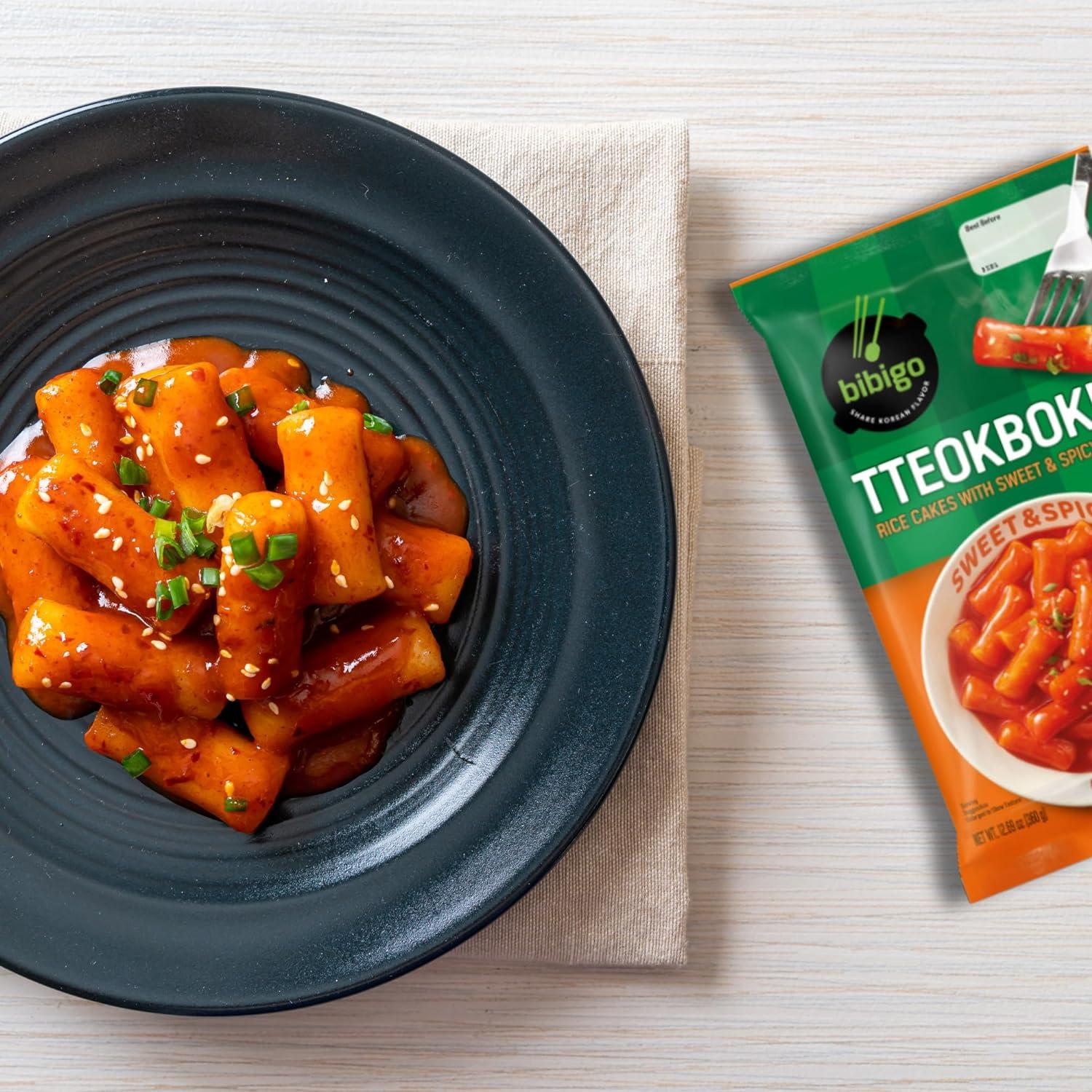Fast-Food Trends: What’s New And Exciting In Quick-Service Dining?

In the ever-evolving world of quick-service dining, the landscape is continually shifting to accommodate changing tastes, technological advancements, and consumer preferences.
From innovative menu items to sustainable practices, the fast-food industry is experiencing a revolution.
Let’s delve into the latest trends and developments that are shaping the fast-food experience for consumers and businesses alike.
Introduction:
Fast-food chains have long been a staple of convenience and affordability. However, the landscape is evolving, reflecting changing consumer preferences and societal shifts towards healthier, more sustainable options.
These changes are driving innovation, leading to an array of new trends and exciting developments within the quick-service dining industry.
Technology Integration:
Technology integration is revolutionizing the fast-food landscape, enhancing efficiency and customer experiences.
Self-service kiosks, mobile apps, and AI-powered tools streamline ordering and payment processes, reducing wait times.
These innovations also facilitate personalized recommendations, improving service quality.
Moreover, advancements like digital menu boards and automated kitchen systems optimize operations.
Fast-food chains are leveraging technology to offer a seamless and interactive dining experience, meeting the evolving expectations of tech-savvy consumers while enhancing the speed and convenience of service.
Health And Wellness:
The health and wellness trend in the fast-food industry is transforming menus, emphasizing nutritious choices alongside traditional offerings.
Chains are introducing salads, grilled options, and low-calorie meals to cater to health-conscious consumers.
Accessible nutritional information empowers customers to make informed choices, fostering a balance between convenience and healthier eating habits.
This shift reflects a growing awareness of the importance of dietary choices, prompting fast-food establishments to adapt and provide options that align with evolving consumer preferences for healthier lifestyles.
Sustainability Initiatives:
Environmental consciousness is influencing fast-food trends, with a growing emphasis on sustainable practices.
Several chains are adopting eco-friendly packaging, reducing waste, and implementing recycling programs.
Incorporating locally sourced ingredients and committing to sustainable sourcing practices are becoming crucial strategies for many brands.
Global Fusion In Menus:
Global fusion in fast-food menus like Sonic embraces a rich tapestry of international flavors, infusing traditional dishes with diverse culinary influences.
Fast-food chains are diversifying their offerings, introducing Korean-inspired burgers, Mexican-infused wraps, and Middle Eastern-spiced options.
This trend caters to the multicultural palates of today’s consumers, celebrating the global diversity of tastes and preferences.
Embracing these diverse flavors not only broadens menu options but also reflects a societal shift towards appreciating and incorporating different cultural cuisines into mainstream fast-food choices.
It’s a flavorful journey that showcases the vibrancy and richness of global gastronomy within the quick-service dining experience.
Convenience And Customization:
Convenience and customization are driving forces reshaping the fast-food experience. Chains are catering to busy lifestyles by offering multiple convenient options like drive-thrus, delivery services, and mobile apps for easy ordering.
Moreover, the emphasis on customization allows customers to tailor their meals, choosing toppings, portion sizes, and dietary preferences.
This personalized approach enhances customer satisfaction and loyalty while accommodating diverse tastes and dietary needs.
The fusion of convenience and customization reflects an industry adapting to meet the demands of a fast-paced world while ensuring a more tailored and satisfying dining experience for consumers.
The Rise Of Plant-Based Options:
The rise of plant-based options in fast-food chains signifies a monumental shift toward catering to diverse dietary preferences.
Beyond traditional meat offerings, these chains now feature plant-based alternatives like burgers, nuggets, and tacos.
This trend responds not only to the increasing number of vegetarians and vegans but also to health-conscious consumers seeking sustainable and ethical choices.
By incorporating plant-based options, fast-food establishments tap into a growing market segment, offering innovative, flavorful, and environmentally friendly alternatives.
This shift underscores a broader societal movement toward more conscious eating habits, reshaping the fast-food landscape to accommodate a wider array of dietary needs and preferences.
Community Engagement:
Community engagement has become a cornerstone for many fast-food chains, extending beyond just serving meals.
These establishments are actively involved in supporting local communities through various initiatives.
From charitable donations to sponsoring events and participating in social causes, fast-food brands are aligning themselves with community needs.
Such efforts not only enhance brand image but also create a positive impact, fostering goodwill and a sense of belonging among customers.
By investing in the communities they serve, these chains establish deeper connections, showcasing a commitment to social responsibility beyond the realm of fast-food consumption.
Frequently Asked Questions
Q: Are Fast-Food Chains Adopting Healthier Menu Options?
Yes, many chains are incorporating healthier options like salads, grilled items, and low-calorie meals to cater to health-conscious consumers.
Q: What Role Does Technology Play In The Fast-Food Industry?
Technology enhances customer experiences by offering self-service kiosks, mobile apps for ordering, and AI-powered tools for personalized recommendations and faster service.
Q: Are Fast-Food Chains Becoming More Environmentally Conscious?
Yes, there’s a trend towards eco-friendly practices like sustainable sourcing, reducing waste, and using biodegradable packaging.
Q: Do Fast-Food Menus Incorporate Global Flavors?
Absolutely, many chains are diversifying their menus with international influences, offering Korean, Mexican, and other global-inspired dishes.
Q: How Important Is Customization In Fast-Food Services?
Customization is crucial; allowing customers to personalize their orders based on preferences contributes to a more satisfying dining experience.
Q: Are Plant-Based Options Becoming More Prevalent In Fast-Food Chains?
Yes, there’s a noticeable increase in plant-based alternatives like burgers, nuggets, and tacos to cater to vegetarian, vegan, and health-conscious consumers.
Q: What Community Engagement Initiatives Do Fast-Food Chains Undertake?
Many chains focus on supporting local communities through charitable donations, involvement in social causes, and other community-oriented initiatives.
Q: Do Fast-Food Chains Offer Delivery Services?
Yes, the rise of delivery services and drive-thrus caters to the convenience needs of customers, aligning with today’s fast-paced lifestyles.
Q: How Do Fast-Food Chains Incorporate Technology For Customer Convenience?
By integrating mobile apps for ordering, drive-thru improvements, and self-service kiosks, fast-food chains streamline the ordering and pickup process.
Q: Are Nutritional Information And Calorie Counts More Accessible At Fast-Food Chains?
Yes, many chains display nutritional information, including calorie counts, allowing consumers to make informed choices about their meals.
Conclusion:
The fast-food industry continues to evolve, adapting to changing consumer preferences and societal demands.
Embracing technology, catering to health-conscious consumers, promoting sustainability, and celebrating diverse flavors are some of the key trends reshaping the quick-service dining experience.
In a rapidly changing industry, fast-food chains are adapting and innovating to meet the diverse needs and preferences of their consumers.
These trends signal an exciting shift towards a more tech-savvy, health-conscious, and socially responsible quick-service dining experience.






